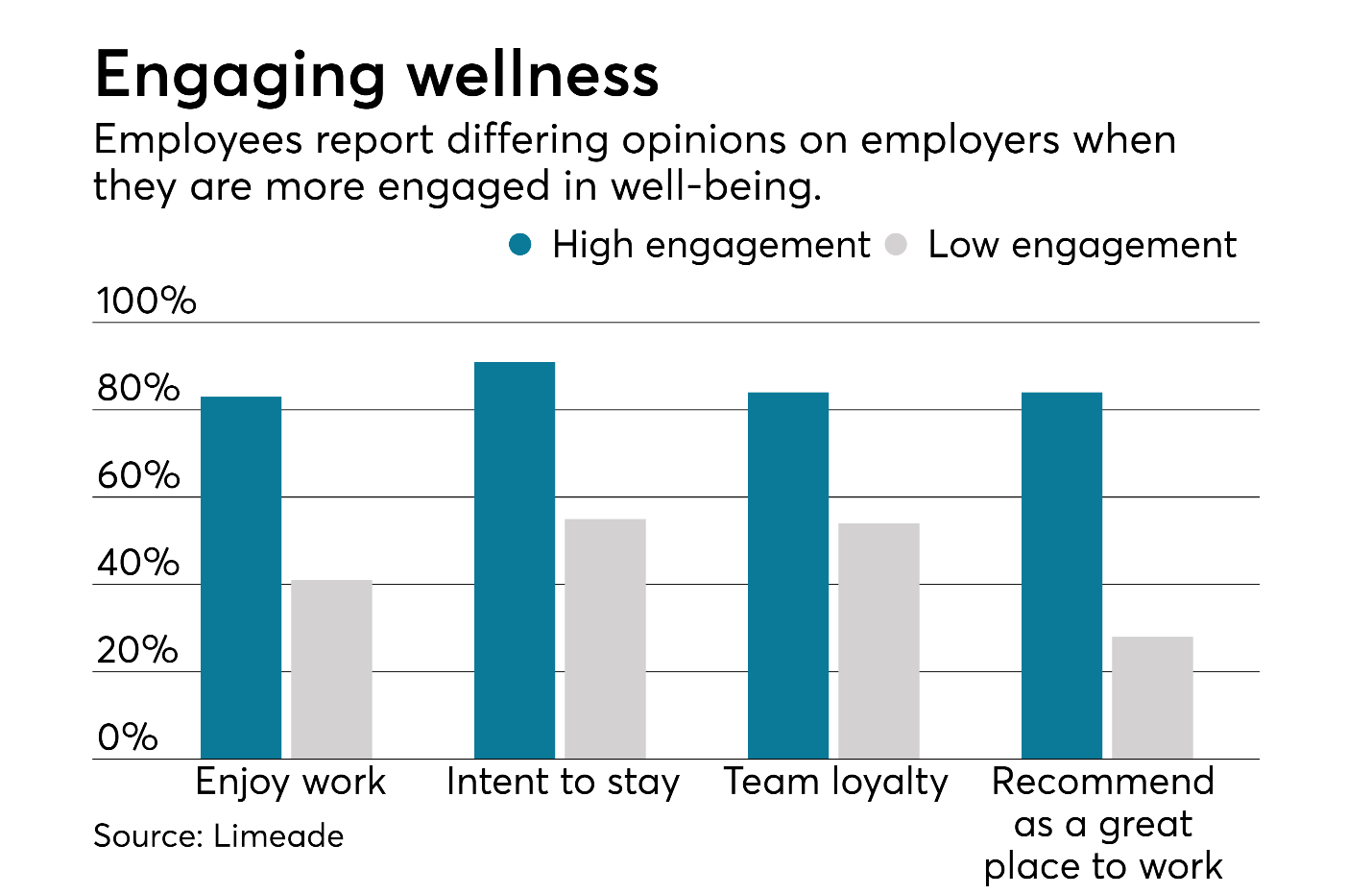Figma's AI Update: A Game Changer Against Adobe, WordPress, And Canva

Table of Contents
Enhanced Design Capabilities with AI
Figma's AI isn't just an incremental improvement; it's a fundamental shift in how designers approach their work. This is achieved through two key areas: generative design and smart automation.
AI-Powered Generative Design
Figma's ability to generate design assets from text prompts is a game-changer. Type in a description, and Figma's AI can produce images, layouts, and even entire components. This generative design capability directly competes with Adobe Firefly, Canva's text-to-image tools, and various AI plugins for WordPress.
Compared to its competitors, Figma's approach offers several advantages. While other platforms might excel in specific areas (like photorealistic image generation), Figma integrates seamlessly within its existing design ecosystem, allowing for unparalleled control and customization. Its speed is also notable, significantly reducing the time spent on asset creation.
- Faster prototyping: Generate multiple design options quickly, accelerating the iterative design process.
- Increased design exploration: Experiment with different styles and layouts with minimal effort, leading to more creative and innovative designs.
- Reduced design workload: Automate the creation of repetitive design elements, freeing up designers to focus on higher-level tasks.
However, limitations exist. While the quality is improving rapidly, Figma's AI-generated assets might not always perfectly match the user's vision, requiring some refinement.
Smart Design Suggestions and Automation
Beyond generative design, Figma's AI assists designers with intelligent suggestions and automation. This includes features like:
- Intelligent layout suggestions: The AI analyzes your content and suggests optimal layouts based on best practices.
- Automatic resizing: Adapt designs seamlessly across different devices and screen sizes without manual adjustments.
- Smart content placement: Intelligently position and arrange design elements for a balanced and aesthetically pleasing composition.
This level of automation contrasts sharply with Adobe's more manual approach (relying heavily on scripting for automation in Photoshop) and Canva's simplified, often less customizable, design tools. Figma strikes a balance between powerful AI assistance and designer control.
- Improved efficiency: Streamline workflows and reduce the time spent on repetitive tasks.
- Consistency in design: Maintain a consistent brand aesthetic across multiple projects and assets.
- Reduced human error: Minimize mistakes through automated checks and intelligent suggestions.
Impact on the Competitive Landscape
Figma's AI advancements have significant implications for the competitive landscape, challenging established players across various design niches.
Challenging Adobe's Dominance
Figma's AI features, coupled with its collaborative features and browser-based accessibility, pose a serious threat to Adobe's dominance, particularly in the web design and UI/UX markets. Adobe, in response, is rapidly developing its own AI initiatives, but Figma's head start and integrated approach offer a compelling alternative.
- Increased competition: Forces Adobe to innovate and potentially adjust its pricing strategies.
- Pressure on Adobe pricing: Figma's competitive pricing and feature set could attract users away from Adobe's subscription model.
- Potential for disruption: Figma's AI could accelerate a shift towards more collaborative and cloud-based design workflows.
Disrupting WordPress and Canva's Market Share
Figma's AI-powered design tools are not limited to professional designers. Its collaborative features and powerful capabilities are attractive to website designers currently using WordPress, and graphic designers using Canva. Figma's strength in handling complex design projects is a key differentiator.
- Expansion into new market segments: Attracts users beyond the core UI/UX market.
- Potential for platform partnerships: Integration with WordPress or Canva could further expand Figma's reach.
- Increased accessibility for non-designers: Simplifies the design process, making professional design tools more accessible to a broader audience.
Future Implications and Considerations
Figma's AI integration has far-reaching implications, raising both exciting possibilities and ethical concerns.
Accessibility and Inclusivity
AI-powered design tools are democratizing the field, making professional-quality design accessible to individuals and businesses who previously lacked the skills or resources.
Ethical Considerations
The use of AI in design raises ethical questions surrounding copyright, bias in algorithms, and the potential displacement of human designers. Careful consideration and responsible development are crucial.
Future Development
Figma's AI journey is just beginning. We can expect even more sophisticated AI-powered features in the future, further blurring the lines between human creativity and artificial intelligence in design.
Conclusion
Figma's AI update is a significant leap forward, challenging the status quo in the design software market. Its AI-powered features enhance design capabilities, improve efficiency, and increase accessibility. While ethical concerns need addressing, Figma's commitment to AI-driven design is reshaping the industry. To leverage the power of Figma's AI and stay ahead in the design game, explore Figma's latest features and resources today. Don't get left behind – embrace the future of design with Figma's AI.

Featured Posts
-
 The Importance Of Middle Management A Key To Employee Engagement And Productivity
May 09, 2025
The Importance Of Middle Management A Key To Employee Engagement And Productivity
May 09, 2025 -
 Who Is David In High Potential Exploring The Top 5 He Morgan Brother Theories
May 09, 2025
Who Is David In High Potential Exploring The Top 5 He Morgan Brother Theories
May 09, 2025 -
 Elon Musks Financial Empire From Pay Pal To Space X And Beyond
May 09, 2025
Elon Musks Financial Empire From Pay Pal To Space X And Beyond
May 09, 2025 -
 Former Becker Sentencing Judge To Chair Nottingham Attacks Investigation
May 09, 2025
Former Becker Sentencing Judge To Chair Nottingham Attacks Investigation
May 09, 2025 -
 New Young Thug Song A Plea For Forgiveness
May 09, 2025
New Young Thug Song A Plea For Forgiveness
May 09, 2025
